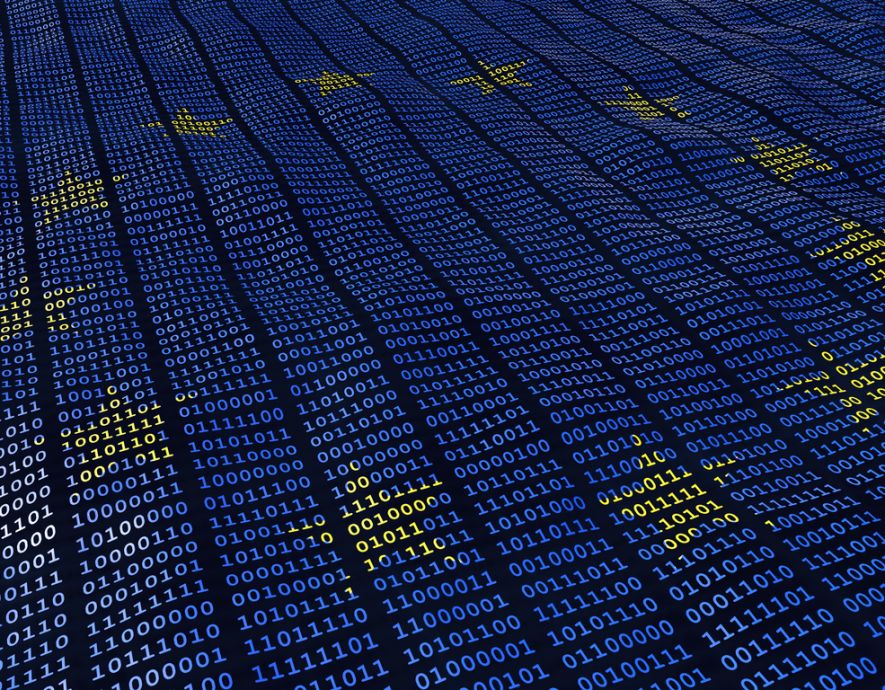
NewSpace: new frontiers and new challenges for cybersecurity
Continue reading
2
05.07.25 Cybersecurity
Operational Technology Cybersecurity: A Strategic and Priority for EDF
Read
05
MIN
3
4




